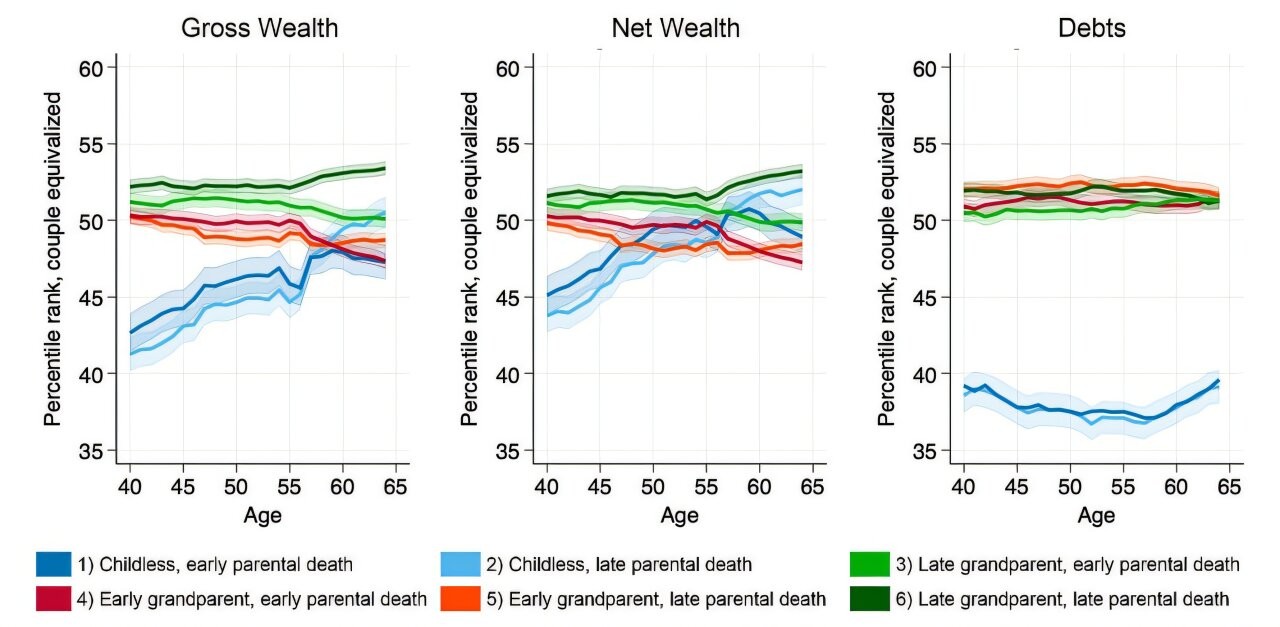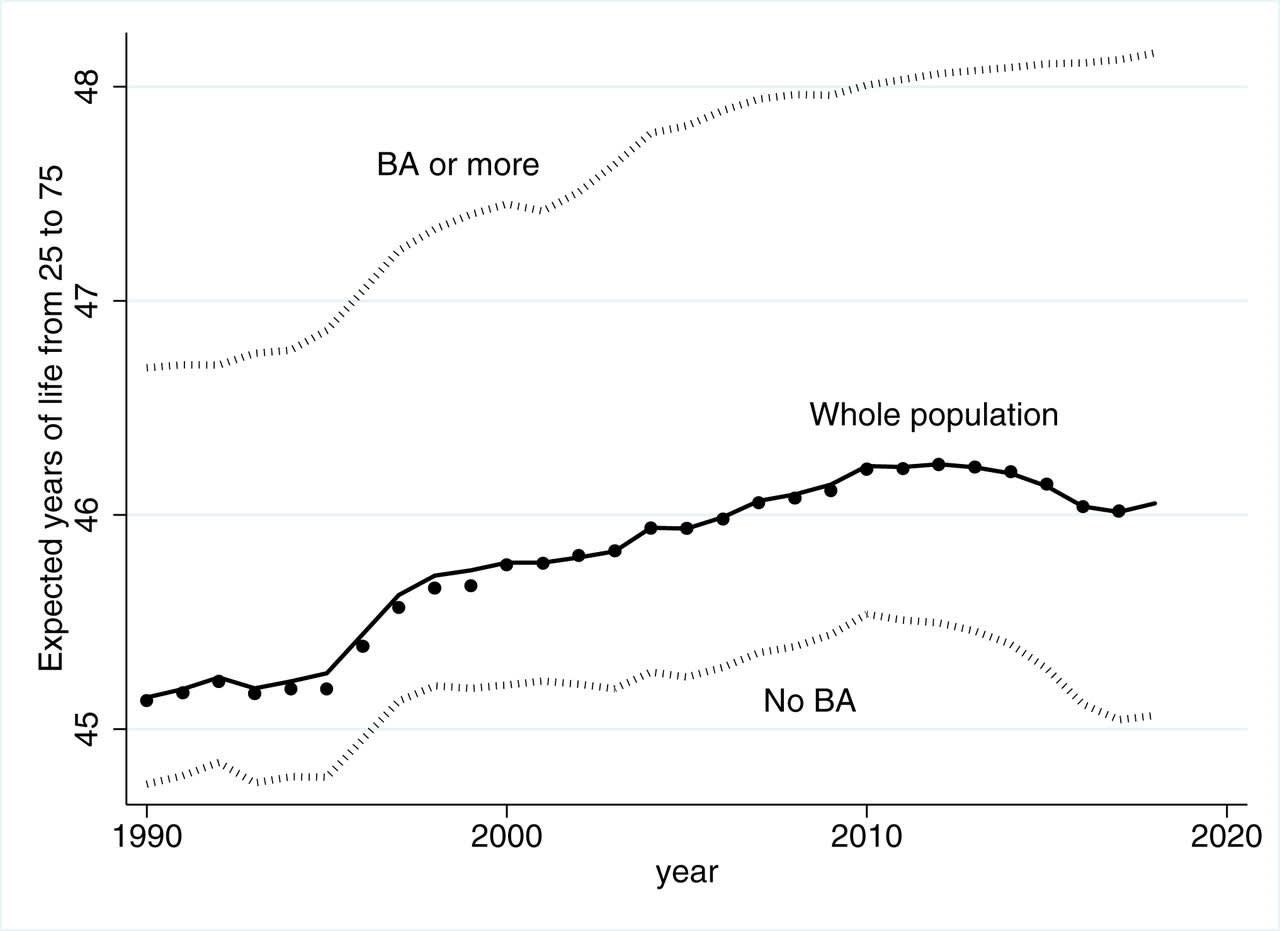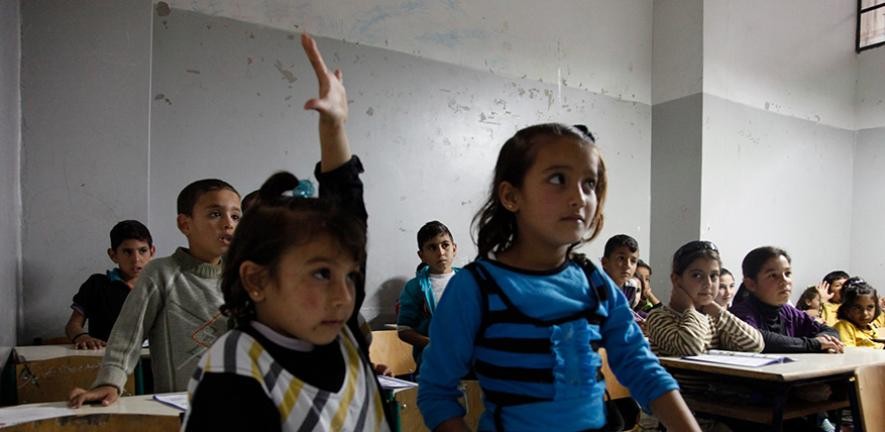Financial Well-Being Gap Widens Between Generations, UGA Study Finds
A University of Georgia study reveals significant disparities in financial knowledge and well-being across generations, with baby boomers demonstrating the highest levels compared to Gen X and millennials. The research suggests these differences stem from accumulated life experience rather than inherent generational traits.
Child-Free by Choice: Study Shows Dramatic Rise in Americans Rejecting Parenthood
A groundbreaking Michigan State University study reveals that the number of adults choosing to remain child-free has doubled in the past year, reaching 29% in 2023. The research analyzes data from 80,000 U.S. adults, uncovering significant shifts in family planning attitudes and societal expectations around parenthood.
Ultra-Processed Foods Linked to Lower Academic Scores in Teen Study
Spanish researchers found teenagers who regularly consumed ultra-processed foods scored significantly lower in core academic subjects like math and languages. The groundbreaking study of 800 adolescents reveals concerning connections between diet quality and educational achievement during critical developmental years.
Harsh Parenting Linked to Lasting Emotional and Social Challenges in Children
A comprehensive 18-year study reveals children exposed to harsh parenting face significant developmental difficulties, including struggles with emotional regulation and peer relationships. The research tracked over 3,400 children and found that even moderate levels of harsh parenting negatively impact socioemotional competencies.
College Education Adds 11 Years to Life Expectancy, Landmark Study Finds
A groundbreaking study reveals college graduates in the US live approximately 11 years longer than those without high school diplomas, with life expectancies of 84 versus 73.5 years. The education-longevity gap has widened significantly since 2000, highlighting how educational attainment shapes long-term health outcomes.
Lebanon's Education System Collapses as War Compounds Years of Crisis
Lebanese students have lost 60% of their schooling in six years as the Israel-Hezbollah conflict transforms schools into shelters and war zones. The crisis, affecting over 1 million students, is amplified by challenges including refugee influxes, financial instability, and limited internet access.
Closing Gender Gap in Youth Sports Could Save US Healthcare System Millions
A groundbreaking study reveals that eliminating physical activity disparities between boys and girls aged 6-17 could save the US healthcare system $780 million per cohort. Research suggests even greater savings of $1.55 billion if sports participation gaps are addressed through targeted interventions and increased opportunities for girls.
UT System Makes College Free for Texas Families Under $100K in Landmark Financial Aid Expansion
The University of Texas System is expanding its 'Promise Plus' program to provide free tuition and fees for students from families earning up to $100,000 annually. Starting fall 2025, this $35 million initiative will help an additional 3,000 students access higher education debt-free across nine UT institutions.
Post-Pandemic Classroom Crisis: Ontario Study Reveals Sharp Rise in Student Incivility
Research from Brock University exposes a dramatic increase in classroom misbehavior following COVID-19 school closures, with daily incivility incidents rising from 6% to 42%. The study highlights how missed socialization opportunities have left students struggling with basic classroom conduct and social skills.
Childhood Poverty Leaves Lasting Impact on Adult Decision-Making, Global Study Shows
An international study reveals how growing up with limited economic resources influences decision-making patterns in adulthood, with effects persisting across cultures. The research highlights distinct behavioral patterns among those who experienced childhood poverty, including a focus on immediate outcomes over long-term benefits.









